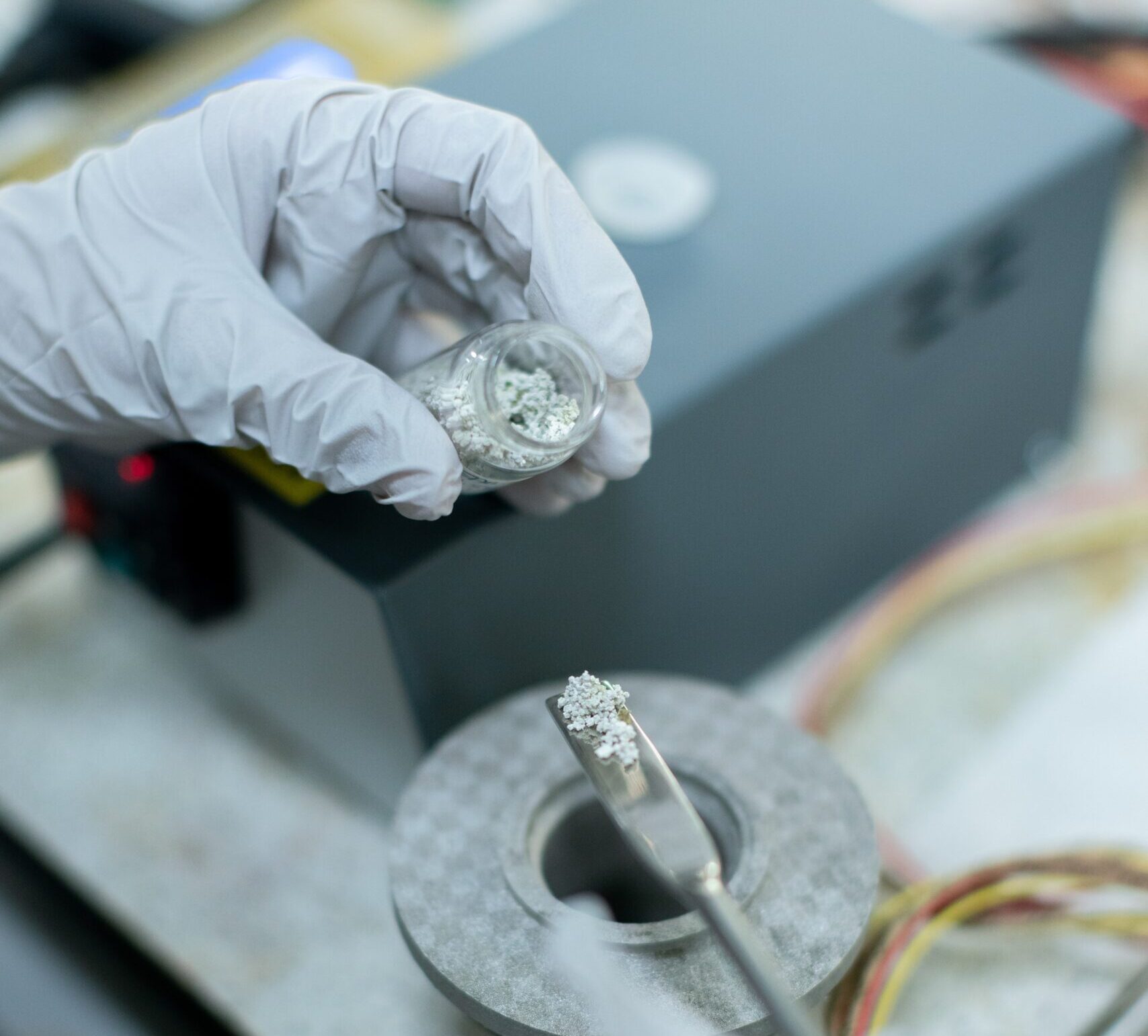The potential of a bio-based concrete “ink” for sustainable 3D printing: review and perspectives

The Swedish Government’s Climate Action Plan 2019 underlines the need for creating a common understanding about the transition to bioeconomy and knowledge of the demand for biomass types. The project proposes a comprehensive analysis of a bio-based solution to the environmental burden created by the construction sector.
The potential of replacing traditional concrete ingredients with bio-based materials, e.g., bio-binders, and bio-admixtures, is studied for application in energy-efficient 3D printing technology. To identify research gaps and future development paths, a systematic review is proposed, combined with meta-analysis and life cycle assessment. To report on the development of the national bioeconomy, a survey is conducted among different stakeholders.
In the long term, the knowledge gathered within the project could facilitate the creation of new bio-based value chains, contributing to the energy and climate goals and fulfilling EU Bioeconomy Strategy Objectives 3, 4, and 5:
- Reducing dependence on non-renewable, unsustainable resources
- Mitigating and adapting to climate change
- Strengthening European competitiveness and creating jobs

Magdalena Rajczakowska
Luleå University of Technology

magdalena.rajczakowska@ltu.se
Project information
Participants
LTU
Time schedule
January - December 2024
Total cost of project
911 637 SEK
Swedish Energy Agency project number
2023-00839
More projects

Novel bio-based, hygroscopic insulation materials for enhanced energy performance and robustness of buildings
The construction sector in Sweden stands for about 22 % of total greenhouse gas emissions. Reducing the embodied carbon in new buildings…
Manager: Maria Fredriksson
Ongoing

Reserve power service based on biogas
This project is about a service for back-up power supply with biogas. It will develop overall technical and business concepts for such…
Manager: Steve Karlsson
Ongoing

Biorefinery: scale-up of 5-HMF derivatives
The overall aimof this project is to transform chemical industries from using fossil feedstock to using renewable biomass. In this project, we…
Manager: Louise Olsson
Ongoing


